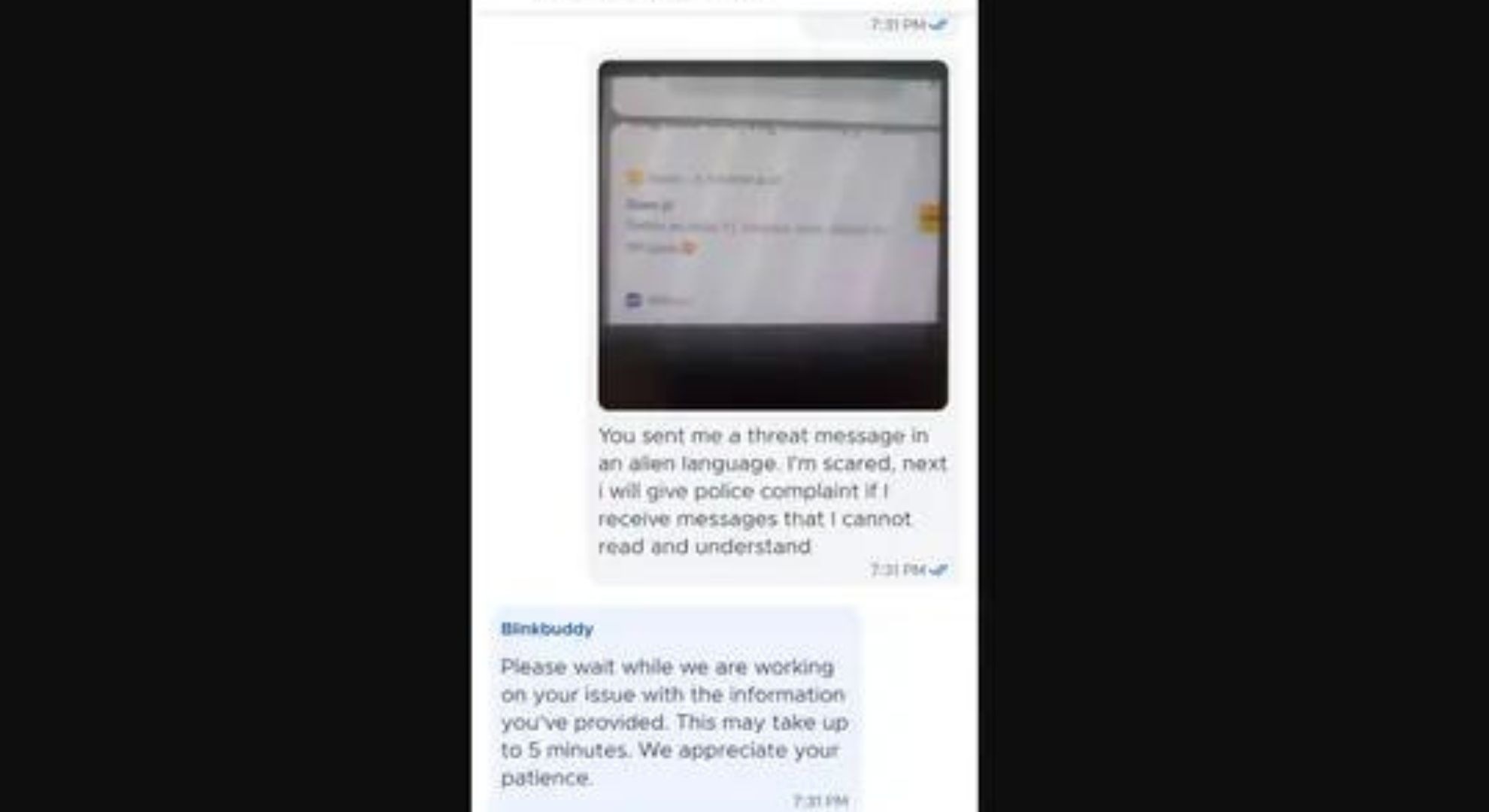A recent incident involving a Bengaluru resident and Blinkit has ignited a debate on social media regarding language sensitivity and customer service practices. The man took to social media to criticize Blinkit, alleging that the use of the Hindi word “gaya” in notifications was offensive in Kannada.
According to the man, he warned Blinkit of lodging a police complaint if such notifications persisted. He shared screenshots of his interaction with Blinkit’s customer care, where he emphasized the issue and insisted on receiving notifications only in English.
The incident quickly gained traction online, with many social media users questioning the man’s approach. Some criticized his perceived overreaction, suggesting that he could have simply adjusted notification settings rather than escalating the matter to threats of police involvement.
See Post:
Blinkit sent a harmful notification and wished me “Gaya,” which means “wound” in Kannada. I told them, if I received one more threatening notification, I would lodge a police complaint. After that they stopped sending nonsense in alien languages. That’s how we need to deal! pic.twitter.com/yPtvFdfhIV
— ಕಣಾದ (@Metikurke) July 15, 2024
The backlash was palpable, with users mocking the man’s stance and highlighting the broader implications of such complaints on customer service protocols. The incident has sparked discussions on responsible customer behavior and the effective utilization of customer support channels.
While Blinkit has not officially commented on the incident, the episode underscores the importance of cultural and linguistic sensitivity in customer interactions. It also raises questions about the appropriate avenues for addressing grievances with service providers.
As debates continue to unfold online, this incident serves as a reminder of the complexities involved in navigating linguistic diversity and customer expectations in a multicultural society.














